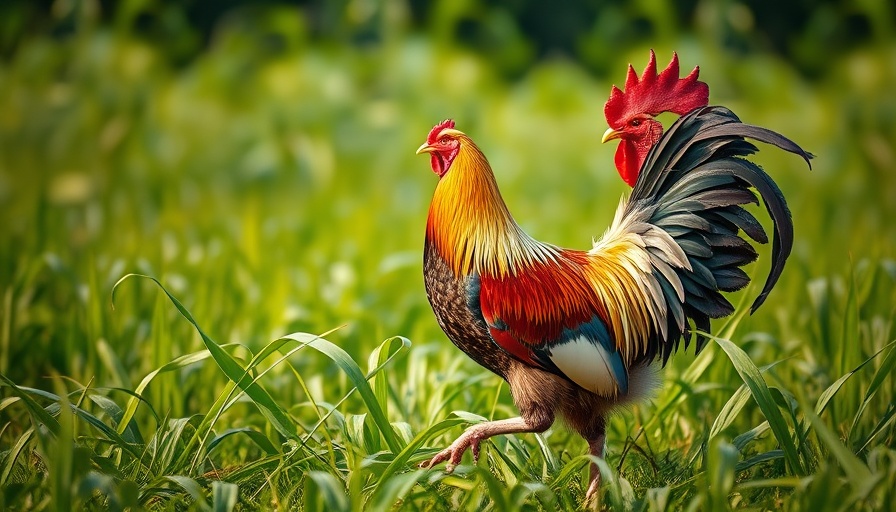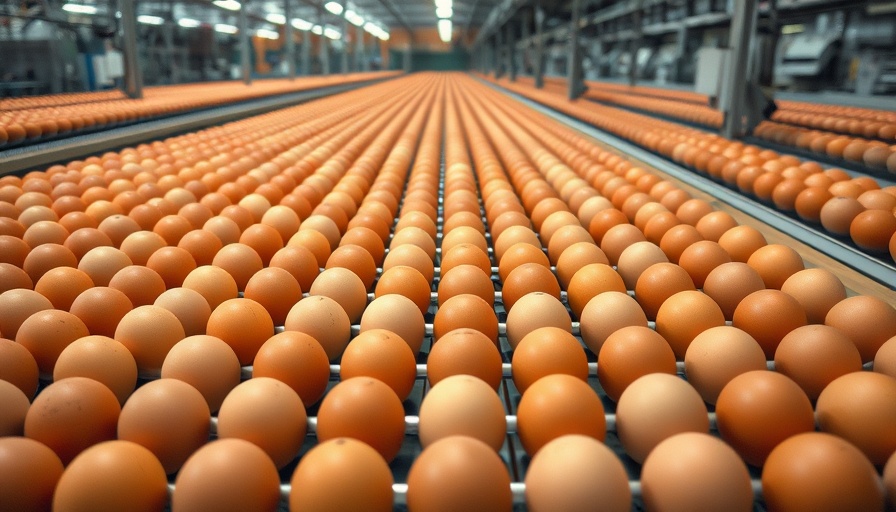
Indiana Declared Bird Flu Free: What This Means for Farmers
In a significant development, Indiana officials have declared the state free from the Highly Pathogenic Avian Influenza (HPAI), commonly known as bird flu. This designation follows the successful elimination of infections on affected farms and a 28-day waiting period without new reports, as outlined by the World Organization of Animal Health. While positively impacting Indiana's robust poultry industry, leaders emphasize precautions remain crucial.
Understanding the Ongoing Risks
Denise Derrer Spears from the Indiana State Board of Animal Health stressed that the declaration of HPAI-free status does not mean the virus has vanished. The virus continues to circulate within wild bird populations, posing a potential threat. Farmers are reminded to enforce strict biosecurity measures, including keeping their poultry separated from wild birds to mitigate risks associated with transmission.
Implications for Indiana's Poultry Industry
Being declared bird flu-free is a notable achievement for Indiana, a leader in the production of ducks, turkeys, and eggs. The designation will alleviate some trade restrictions, boosting the export potential of Indiana’s poultry products globally. “Countries will often block imports or trade based on disease presence,” Spears added, highlighting the economic benefits of this status.
Monitoring Health and Safety
Despite the lifted status in Indiana, it's essential to stay aware and prepared. The virus remains active in other states, with 70 reported human cases across the U.S., resulting from exposure to infected farm environments. Experts from the Centers for Disease Control and Prevention (CDC) assert that while the risk to humans is low, continued vigilance is necessary.
As we move into summer, past patterns suggest a potential resurgence of cases with the return of migrating wild birds in the fall. So, even with this hopeful declaration, both farmers and the public should prioritize safety and awareness to ensure continued health in the poultry sector.
 Add Row
Add Row  Add
Add 




 Add Row
Add Row  Add
Add 

Write A Comment